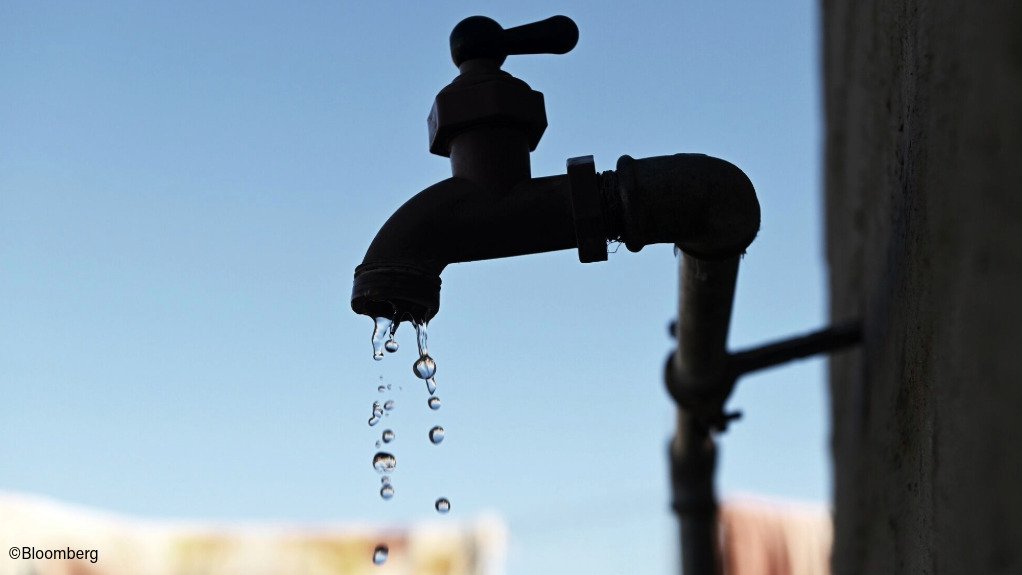South Africa’s Treasury plans to withhold funds from five municipalities next month over their unpaid water bills, part of an effort to compel local governments to pay for basic services.
The Treasury will invoke a law allowing the authorities to block the payment of a so-called equitable share of money that’s allocated to municipalities to pay for services including water and electricity, according to a presentation by the department in parliament on Tuesday. The municipalities of Matjhabeng, Kopanong, Thabazimbi, Merafong City and Victor Khanye are affected by the decision, it said.
“The purpose of interventions should be to restore financial stability, improve service delivery, and ensure good governance in distressed municipalities,” the Treasury said.
South Africa’s water boards are owed R23.4-billion, more than 70% of which is four months overdue. The debt hampers their ability to maintain and upgrade ageing infrastructure at a time when commercial hubs including Johannesburg are facing shortages.
Municipalities in South Africa have been grappling with a culture of non-payment for services since the apartheid era, when residents of townships and rural areas boycotted rent and other utility charges in protest against the country’s White-minority government. Municipalities remained poor payers after the end of apartheid in 1994.
The five municipalities were scheduled to receive R483-million on Dec. 4 and a further R362-million on March 12, according to the National Treasury. The funding will only be released when the local authorities have made arrangements to pay their relevant water boards, it said.
Matjhabeng and Kopanong owe the Vaal Central water board a combined R7.8-billion, while Thabazimbi owes the Magalies board R216.5-million and Merafong City and Victory Khanye owe R1.54-billion to the Rand Water board. Both the Vaal and Magalies boards face imminent bankruptcy, according to the Water & Sanitation Department.
In addition to the funding suspension, the Treasury and the water department are also helping to renegotiate repayment agreements between water boards and municipalities.
They are also finalizing a debt write-off mechanism to allow water boards to “write-off a municipality’s historic debt, if the municipality established a track record of paying its current invoices in full,” Sean Phillips, director-general of the water department, told parliament.
Edited by: Bloomberg
EMAIL THIS ARTICLE SAVE THIS ARTICLE
To subscribe email subscriptions@creamermedia.co.za or click here
To advertise email advertising@creamermedia.co.za or click here













